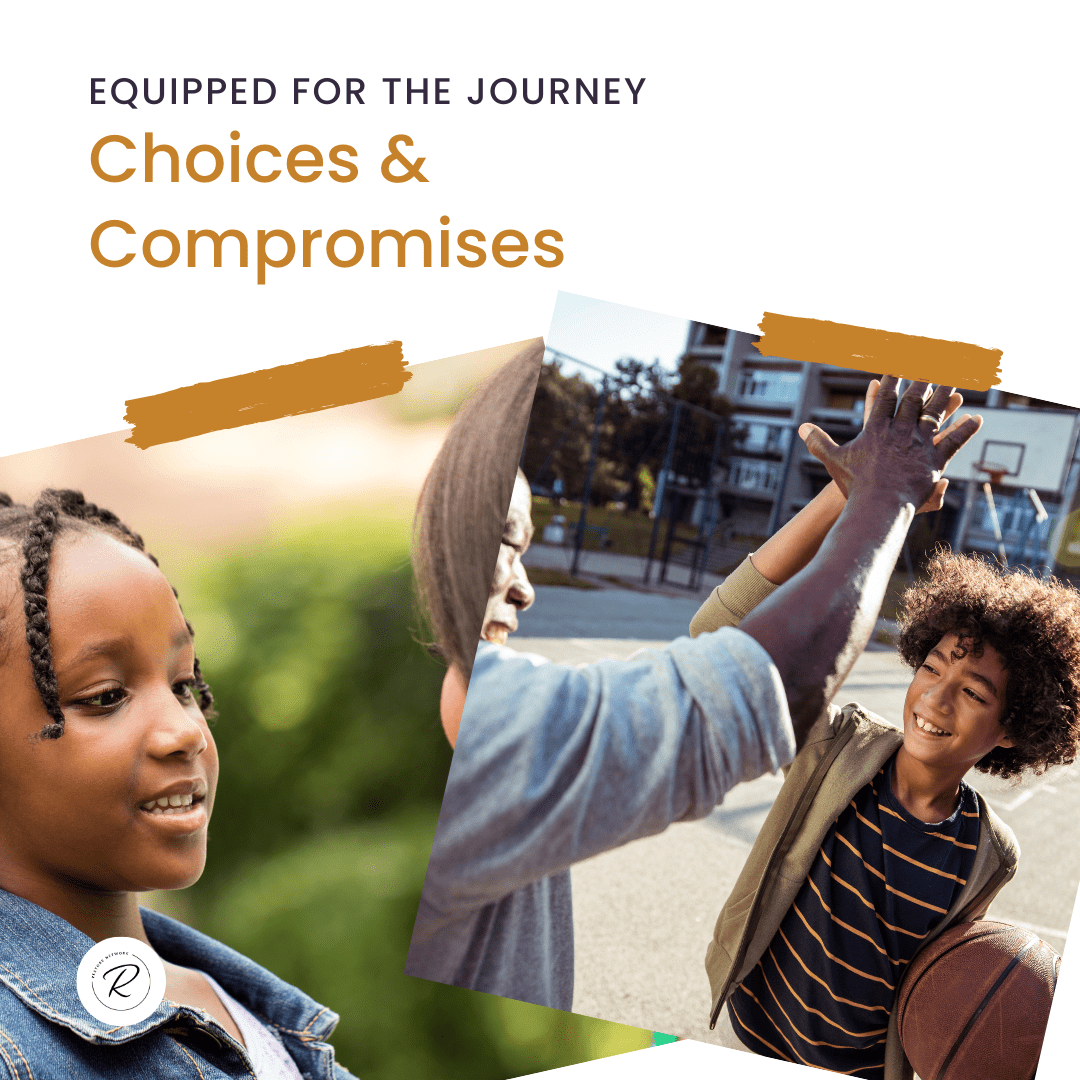Babies are created to be entirely dependent on adults to meet their needs. They cry; we feed them. They call out; we change them. They need comfort; we hold them, rock them, talk to them. They smile; we smile back. This is the healthy relational pattern created over and over again between a child and their caregiver.
This cycle of need continues throughout the first year of life, laying the foundation for a child’s relational framework. This framework determines how they will learn to self-regulate (by first being externally regulated) and sets up an early pattern for all their future relationships. With a healthy relational framework, the child will have a positive outlook of themselves, their world, and the people in it.
But what happens when something goes wrong?
Many of our babies did not experience a healthy pattern for relationships. They cried, and no one came. They had a need, and no one responded. They needed comfort but were met with anger. Many of these babies then grew up to be toddlers, elementary school kids and teenagers who continued experiencing life in this matter. Eventually, our children lost their voices. They learned that crying doesn’t stop physical or sexual abuse. They begged, but people kept hurting them or hurting their family member. While young children are created to be entirely dependent on adults, our children learned that adults cannot be trusted.
When you say yes in foster care, you say yes to all of this. You bring a child into your home who has very likely lost their voice, and it will be your new job to try to help them find it. The voice your child might be using now looks like aggression, control, hyperactivity, anxiousness, or lying. But listen – these are just poor coping strategies meant to protect themselves because they don’t know how to use their voice.
As parents we are sometimes quick to take the “do what I said/my way or the highway” approach which just pushes our kid further away and doesn’t show them that we see or hear him. That’s not a teachable stance for our kids. Plus for most of us receiving a new child, we don’t have a long standing relationship of trust built up so your “do what I say” falls flat.
You give a child back their voice when you listen to them, when you attune, when you ask questions and remain curious about their behaviors, when you seek to teach them new tools, while also learning new tools yourself. Our kids have learned they don’t matter—and it’s your job to truly see them, see past the behaviors, and get back to those early stages of missed development. Using choices and compromises will help you on your journey!
Booklet found HERE.
To learn more about choices and compromises, check out the pioneering work of the Karyn Purvis Institute of Child Development and TBRI (https://child.tcu.edu).
